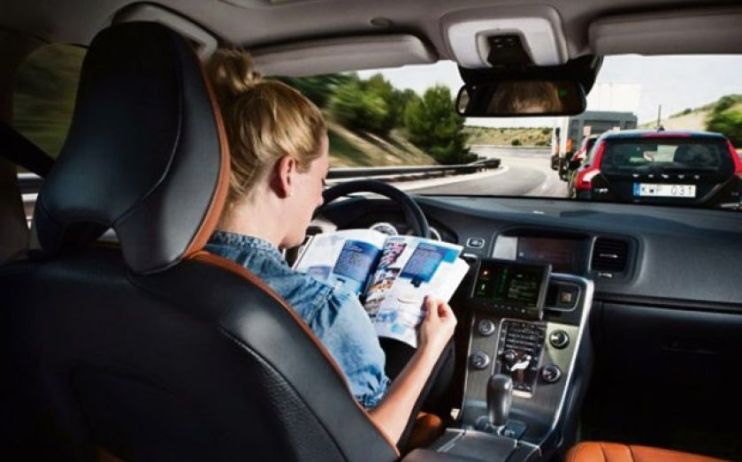
Patents for automotive wireless technology submitted by car makers have jumped by 4.9 per cent in the last year, according to research published today.
Figures from intellectual property law firm Mathys & Squire went up from 945 in 2020 to 991 – a threefold increase on 2016 levels.
According to Mathys & Squire, the reason behind such a spike lies in the automotive industry developing their own technology to avoid lawsuits from telecom giants, which are seen as more litigious and protective of its own technology.
“The automotive industry knows access to wireless communications technology is vital to its future,” said Andrew White, partner at the law firm. “They fear that telecom companies might frustrate their access to this technology.
Wireless communications technology is a key component in the automotive industry’s push towards driverless cars, as it allows vehicles to communicate with other ones and therefore avoid collisions.
“Owning wireless communications patents is a win-win for the automotive industry,” White added.
“It gives them valuable IP in a growing field and reduces the risk of legal battles with telecom firms.”
The data followed calls by insurers such as Axa to offer greater clarity around autonomous vehicles, City A.M. reported.
The company said the government should use its upcoming Transport Bill to offer clarity on questions around “liability, accountability and responsibility” for incidents involving autonomous cars.
Under the Highway Code, which was renewed by the government in April, motorists will not be responsible for accidents as liability will fall onto insurance companies.


